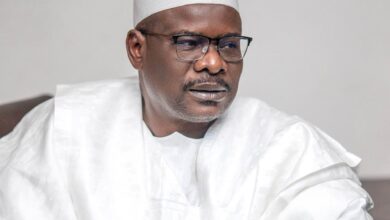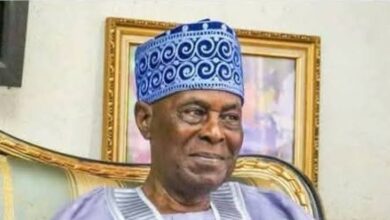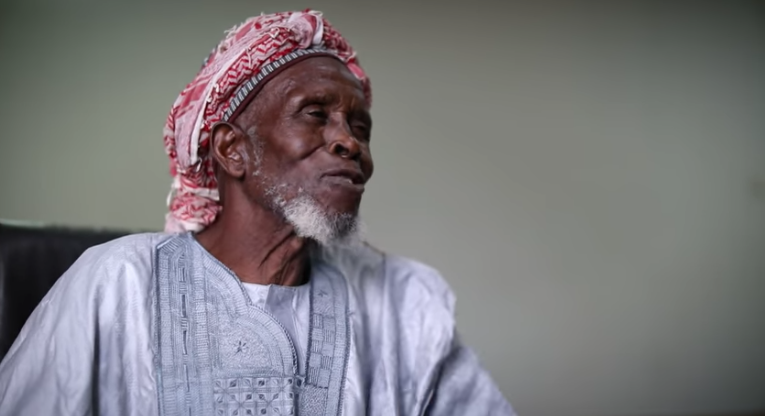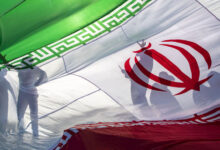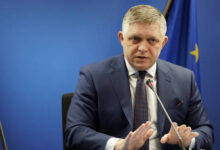NIGERIA: Tinubu bans procurement of foreign goods available locally
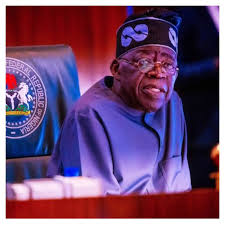
By KEMI KASUMU
It is, however, seen by some Nigerians as an attempt in decoy towards restoration of some of the Buhari Administration’s policies that – for reason best known to the new government – have been jettisoned since coming to office two years ago.
Nigerian President Bola Ahmed Tinubu plans a policy that will bar the Ministries, Departments and Agencies (MDAs) in the country from procuring foreign goods or services already available locally without a written waiver from the Bureau of Public Procurement (BPP).
This, The DEFENDER learnt, is in a bid to strengthen the nation’s domestic economy and promote local content, as the Federal Executive Council (FEC), on Monday May 5, 2025, gave its approval to the new policy framework that places the country at the center of all public procurement and business activity, with a strong emphasis on empowering local industries and reducing dependency on foreign imports.
The new policy tagged the Renewed Hope Nigeria First Policy, seeks to foster a new business culture that is bold, confident, and very Nigerian.
It is, however, seen by some Nigerians as an attempt in decoy towards restoration of some of the Buhari Administration’s policies that – for reason best known to the new government – have been jettisoned since coming to office two years ago.
It will be recalled how President Muhammadu Buhari (2015-2023) formulated what he called the Made In Nigeria Policy required and encouraged Nigerians citizens to “eat the food we produce” and “produce what we need” hence the economic diversification by agricultural revolution that saw the mass production of rice, beans, yam and well acknowledged support for the manufacturing sector under his administration.
Briefing State House correspondents at the end of the fifth cabinet meeting in 2025, presided over by President Bola Tinubu at the Council Chamber, Presidential Villa, Abuja on Monday, the Minister of Information and National Orientation, Alhaji Mohammed Idris, explained that the new policy is to ensure that the country promotes the home grown products.
The Minister described the policy as a bold shift in the country’s economic approach, as it mirrors U.S. President Donald Trump’s “America First” doctrine.
He said, “This policy seeks to foster a new business culture that is bold, confident, and very Nigerian. It aims at making government investment directly benefit our people and industries by changing how we spend, how we procure, and how we build our economy.”
Idris said that the Minister of Justice and Attorney General of the Federation has been directed to draft an Executive Order to give full legal backing to the new framework.
According to him, “The Nigeria First policy is expected to become the cornerstone of the administration’s economic strategy, especially as the government pushes forward with its industrialisation agenda and import-substitution goals.”
He enumerated the decisions that were approved by the Council which will be enforced immediately.
“The Bureau of Public Procurement (BPP) is to revise and enforce procurement rules that prioritise Nigerian-made goods and homegrown solutions across all Ministries, Departments and Agencies (MDAs).
“The BPP will create a comprehensive compliance mechanism to ensure all government procurements adhere to local content requirements.
“A regularly updated database of high-quality Nigerian suppliers will be maintained by the BPP and used as a reference for all procurement decisions.
“Procurement officers currently deployed to various MDAs will be reverted to the BPP to ensure compliance and reduce undue influence or corruption.
“No MDA will be allowed to procure foreign goods or services already available locally without a written waiver from the BPP.
“Where foreign contracts are unavoidable, they must include provisions for technology transfer, local production, or capacity development in Nigeria.
“All MDAs are to immediately review and resubmit their procurement plans to align with the new policy directives. Breaches will result in disciplinary action and possible cancellation of the procurement process.”
The minister cited Nigeria’s sugar industry as an example of local capacity being neglected.
He said, “We continue to import sugar despite the existence of the Nigerian Sugar Council and several local producers. This policy will change that.”
He added that moving forward, “Contractors will no longer be mere intermediaries sourcing foreign goods while Nigerian factories lie idle. Government money must now work for the Nigerian people.”
The Nigeria First policy comes amid economic reforms being pushed by the Tinubu administration, including subsidy removals, a new foreign exchange regime, and efforts to restore investor confidence.
By making local content central to government spending, the administration hopes to drive job creation, industrial growth, and sustainable economic development.
While the policy will likely face implementation challenges and resistance from entrenched procurement interests, officials say the administration is determined to enforce compliance at all levels.
“This is a major shift in government policy. It puts Nigeria – not foreign companies, not imports – at the heart of our national development,” the minister said.
The Renewed Hope Nigeria First Policy is expected to take effect as soon as the Executive Order is signed by President Tinubu.
Also briefing, the Minister of Finance and Coordinating Minister of the Economy, Wale Edun, said that FEC approved Nigeria’s membership to the Asian Infrastructure Investment Bank as a non-regional member.
He said it was clearly Asia headquartered members from Asia, but they do have members from other regions, adding that Nigeria was invited around 2021to become a member.
He said, “We completed that formal legal and administrative process, including payment for the shares. We’ve concluded that process now, and we are full fledging member of Asian Infrastructure Investment Bank.
“Of course, it is set up to promote infrastructure development and genuine sustained economic growth in all its members.
“More broadly today, His Excellency, Mister President, did, as usual, express continued determination and commitment to the ongoing macro economic reforms, which, as he rightly said, have shown signs, very, very encouraging signs of the economy, turning the corner.”
He explained that Nigeria has 50 shares, at an earning power value of $100, 000 a share., totalling $5 million.
“The approval was that we should subscribe up to 50 shares of the capital stock within AIIB,” he said.


